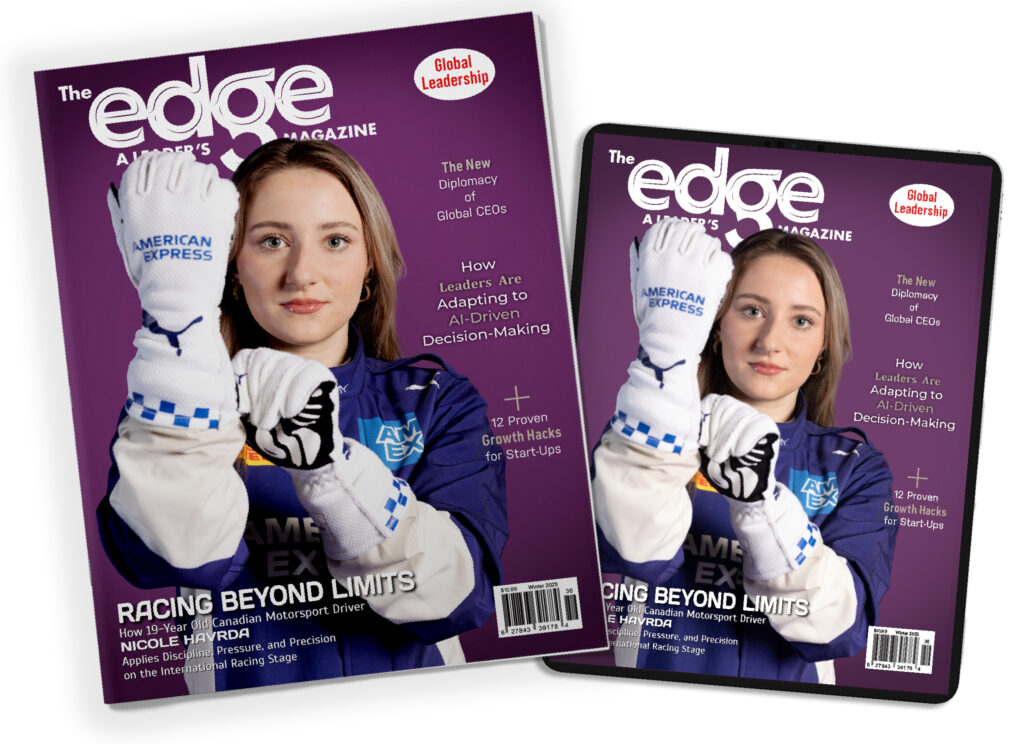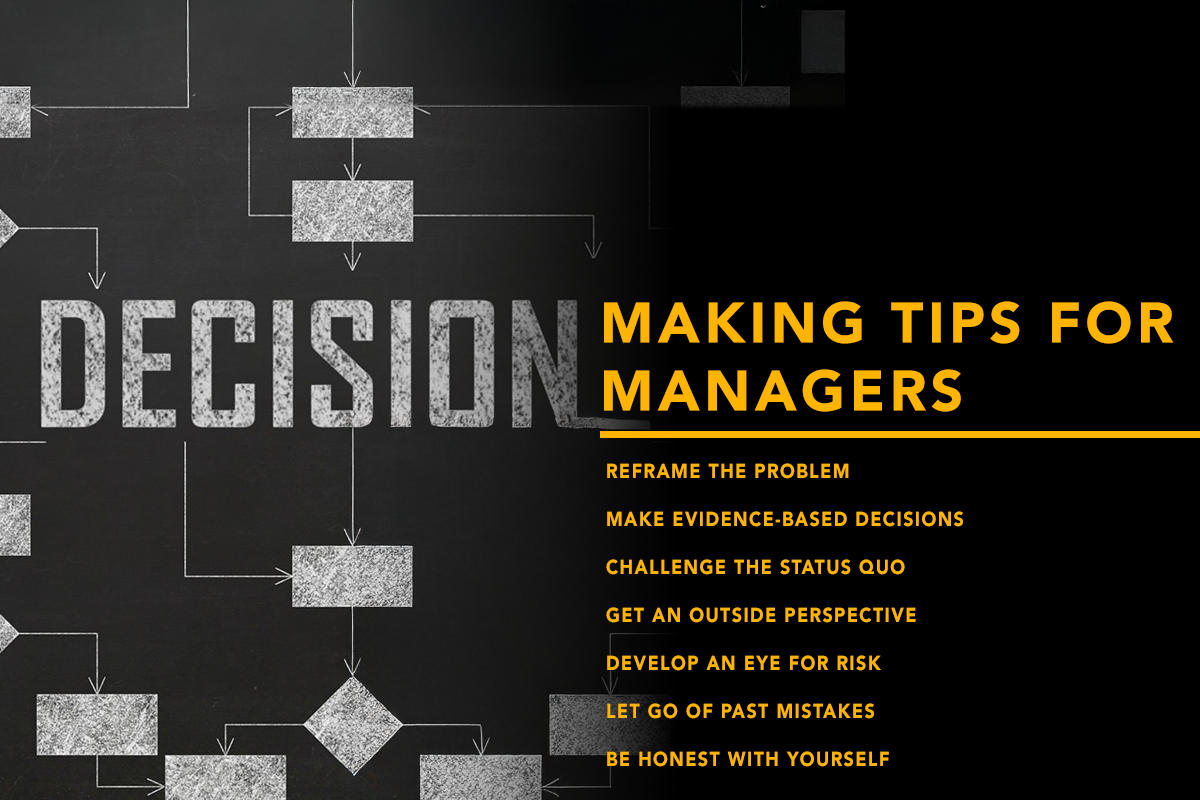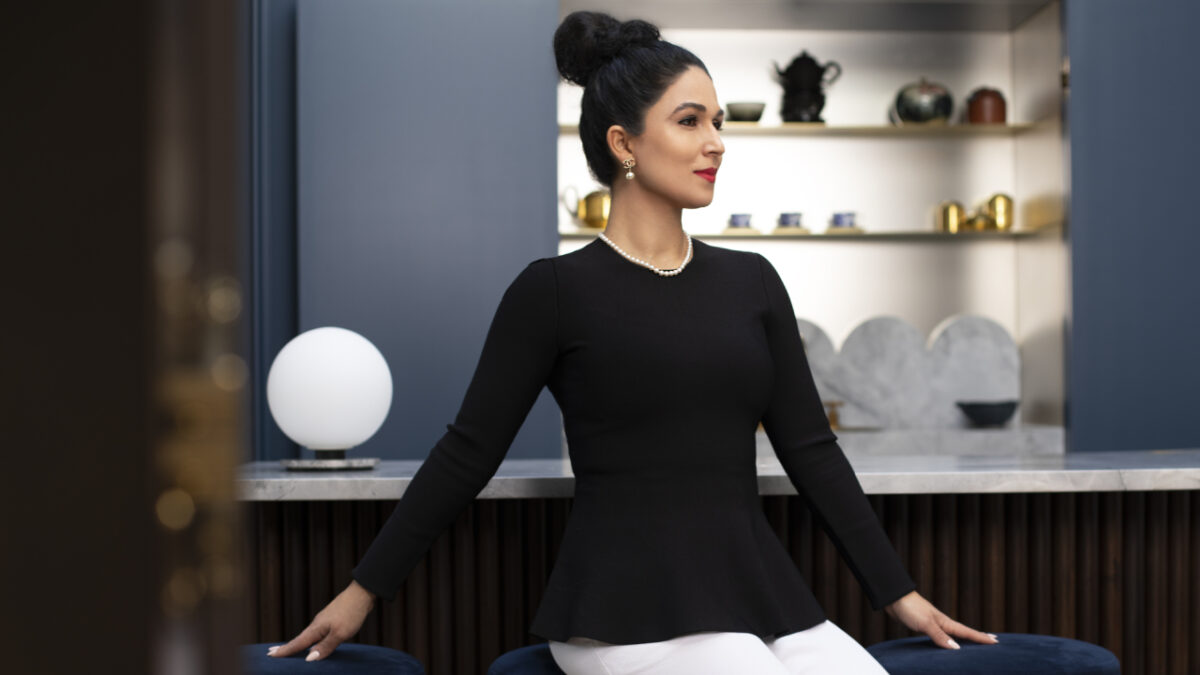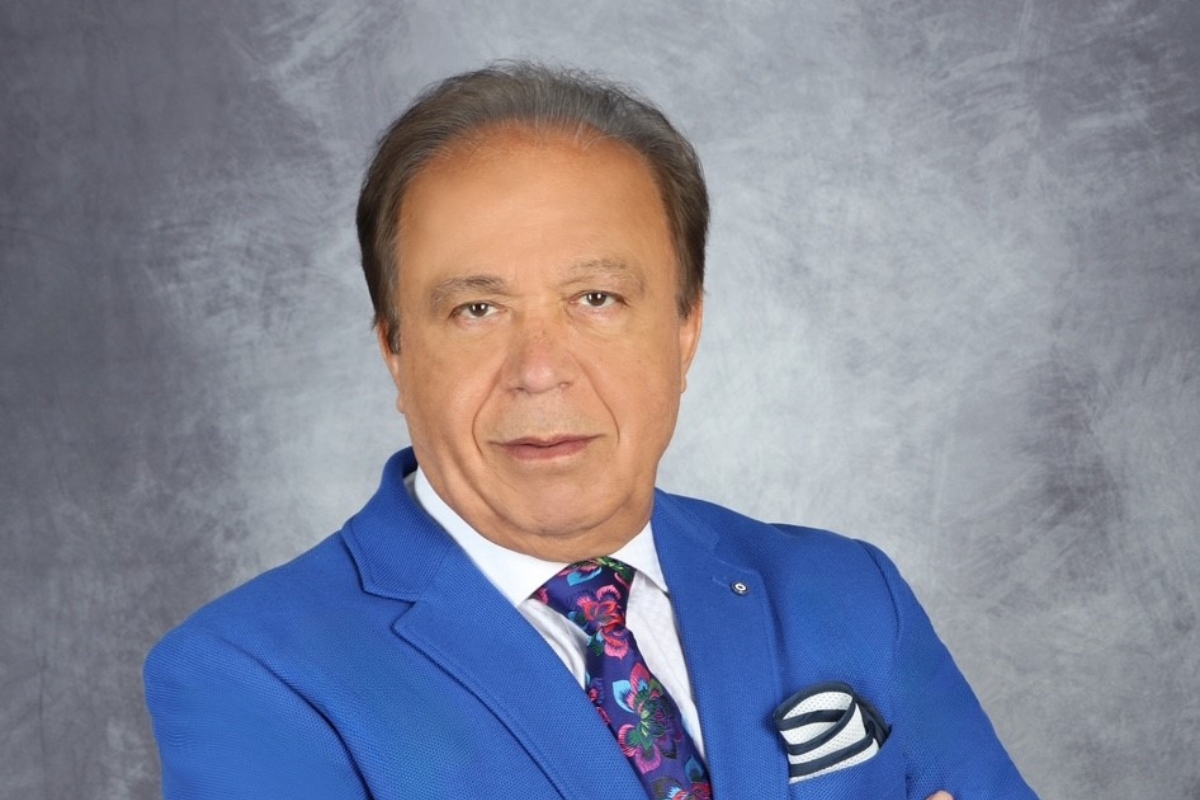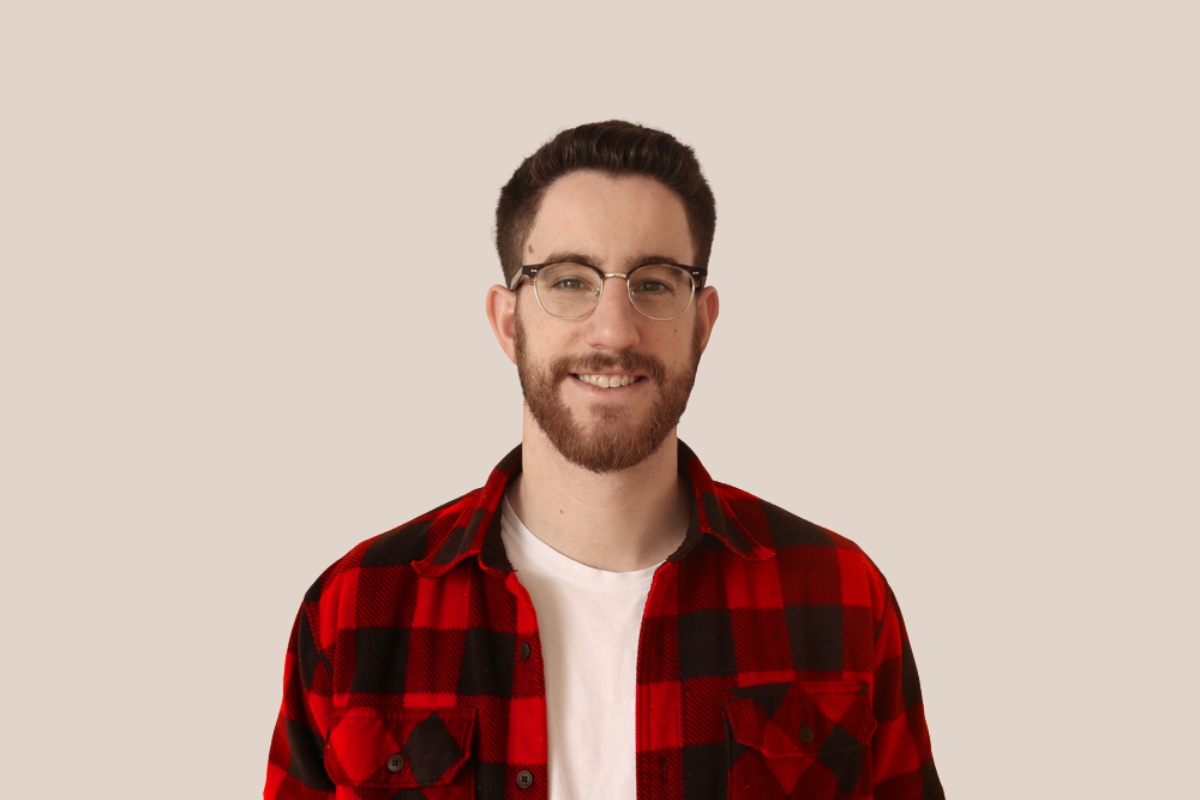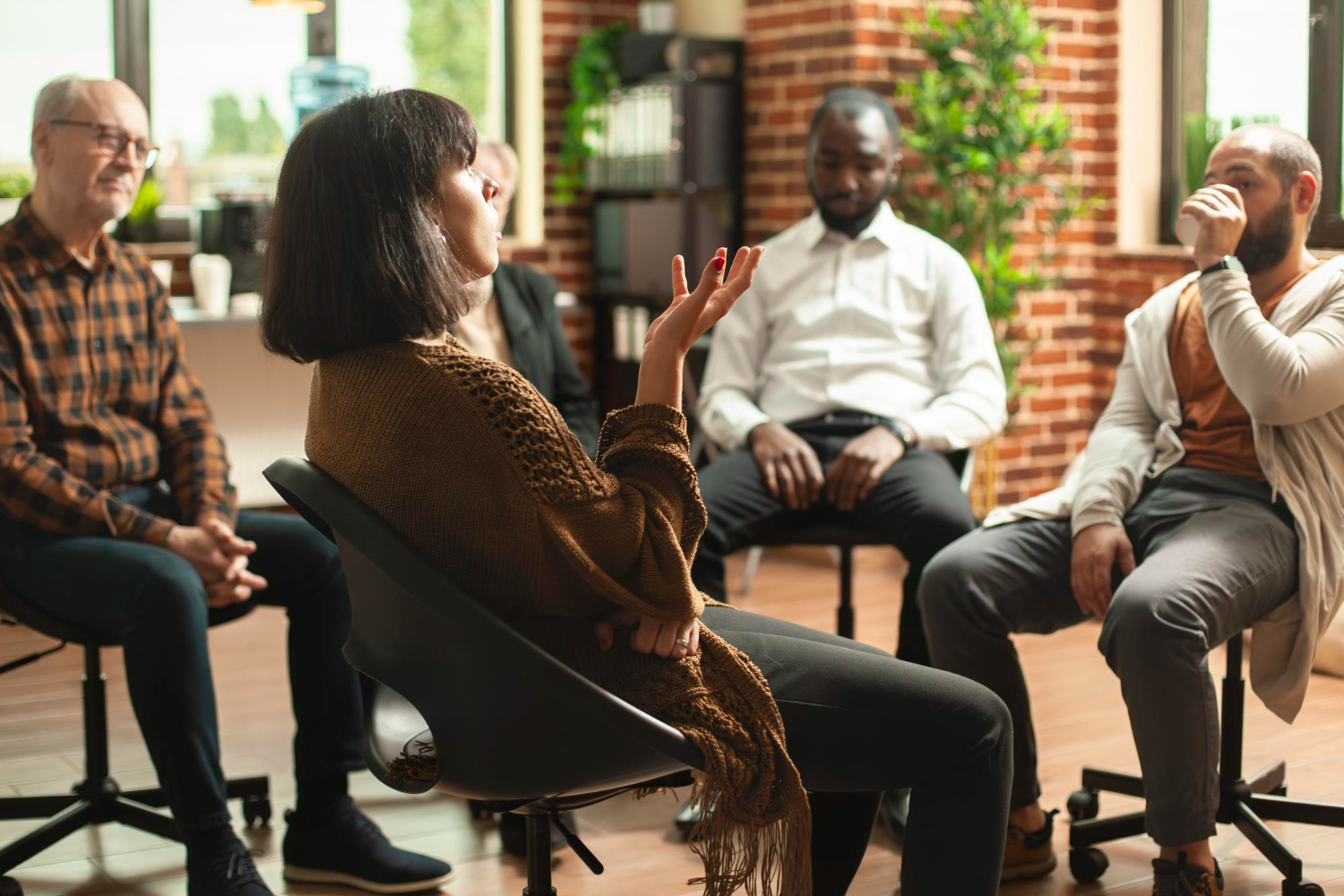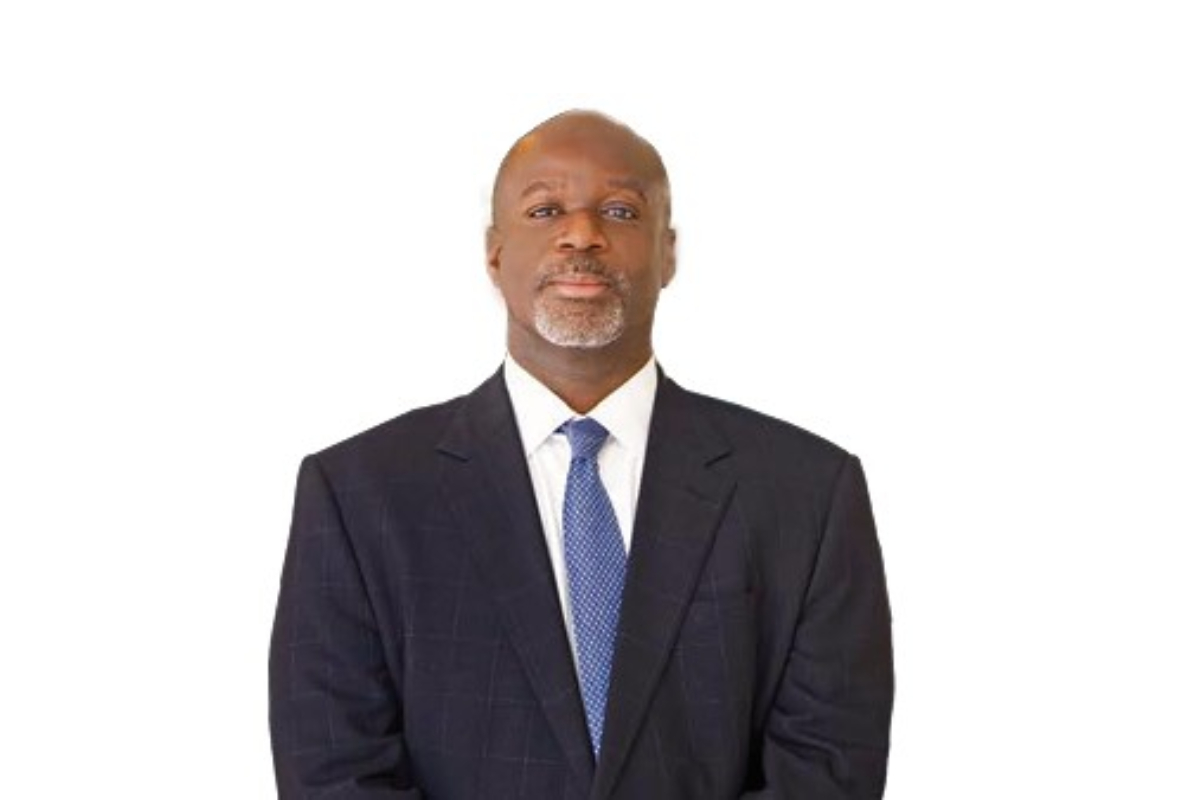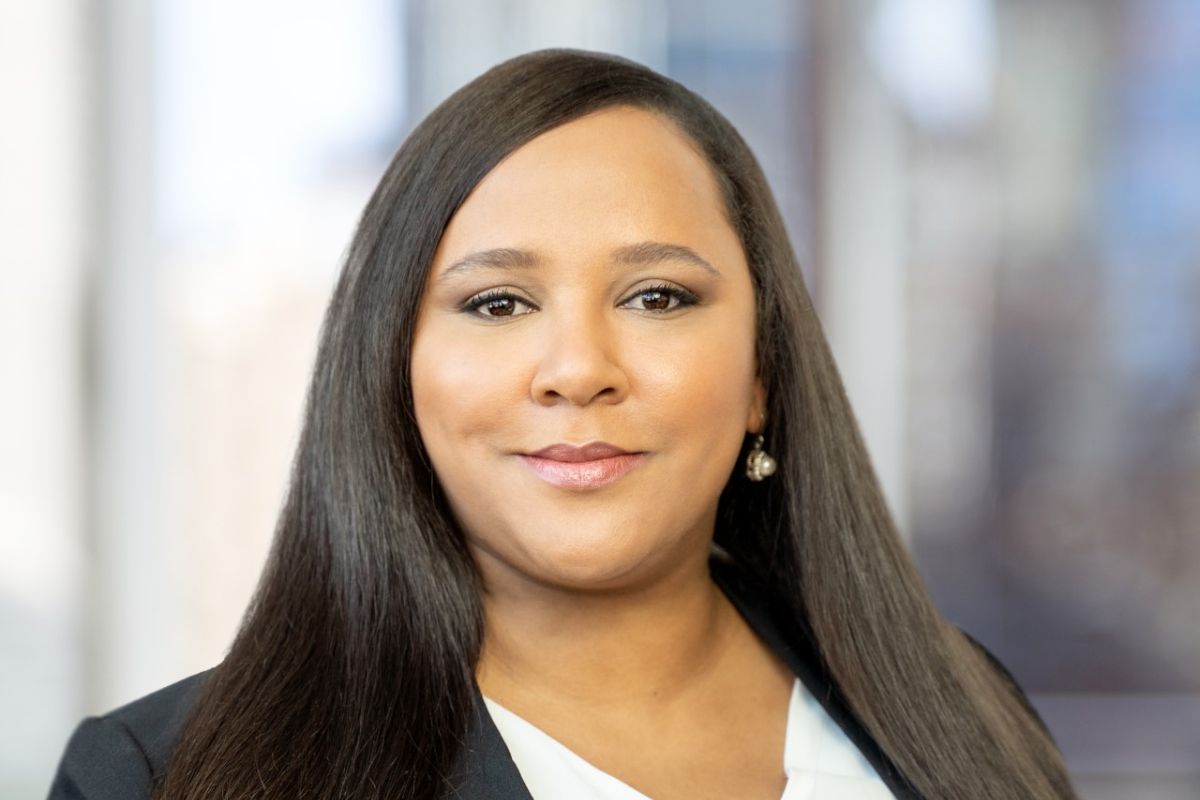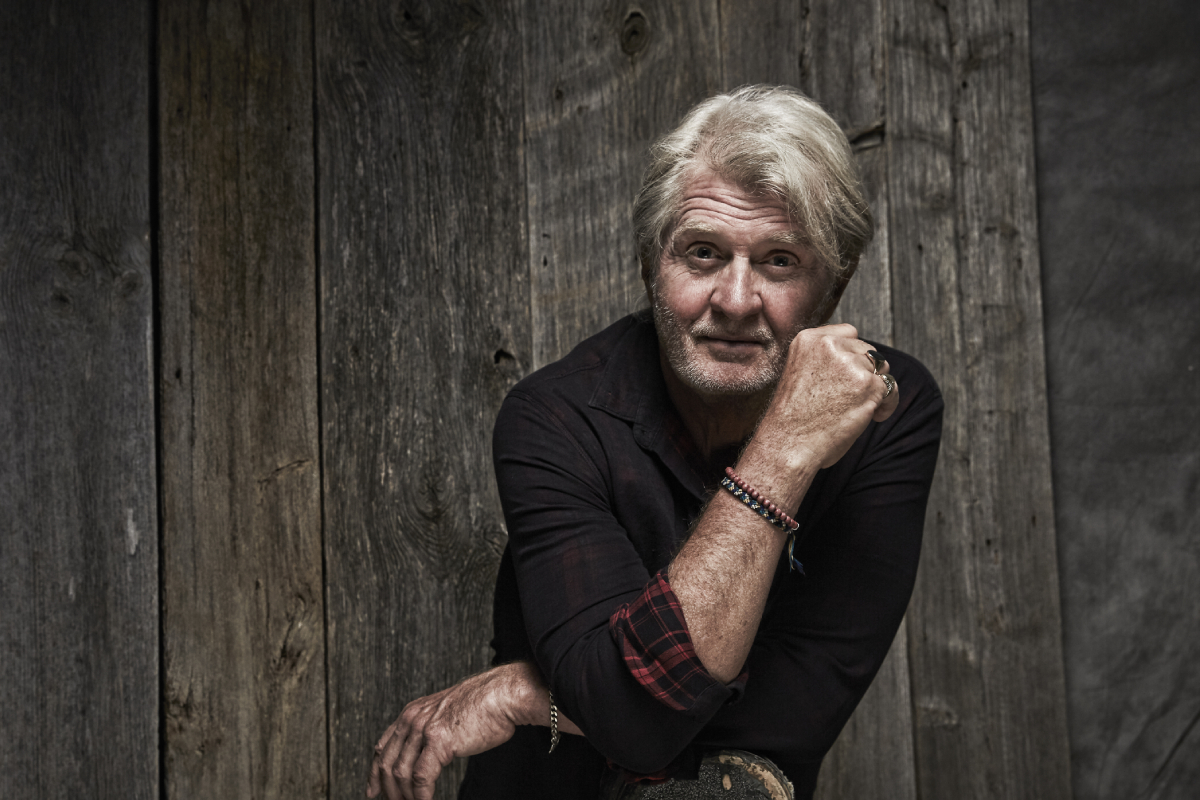Actor, comedian, game show host, voice-over artist, talent judge, and podcaster—is there anything that Howie Mandel can’t do? Most people might know Mandel as one of the judges on TV’s America’s Got Talent. Whereas he has seen hundreds of unknown performers become famous, he also took a chance on the stage in 1977, trying his hand at comedy on a dare. His early shtick included placing a latex glove over his head and inflating it by blowing through his nose.
In just a few years, he was already on the big screen, and since 1981, he has averaged both a film and television role for each year. One of his first breakout roles was from 1982 to 1988, playing Dr. Wayne Fiscus on the highly rated medical drama St. Elsewhere (also starring Denzel Washington). He’d lend his voice talents to the Gremlins film’s most famous Mogwai Gizmo, Muppet Babies characters, as well as creating and voicing the children’s cartoon Bobby’s World. In recent years, he hosted the game show Deal or No Deal, and throughout the decades, no matter how busy he was, still always found time to grab a stand-up audience whenever he could.
The Edge caught up with the busy showman to ask him all about show business and his secret to success.
What are some lessons from showbiz that you think entrepreneurs can use?
Business is a much bigger word—twice as long as show—and you realize there’s show, and there’s business. I think everything is show business. I think when you open up a car dealership, there [is] show business involved. When you open up whatever business it is show business because you need to show other people. The only differences are the size of the audience, and what you expect from your audience. Is your audience just coming to you to buy carpet, or is your audience coming to you to get a laugh? Is your audience coming to you to buy laptops? What are you doing to make your audience want to show up and partake of your wares?
You have to “wow” people. You have to interest people. But you have to do that too, whether you’re just a single guy that doesn’t want to be single anymore. You go on a dating app, and that’s your little show, and you’re looking for the audience of one.
How do you choose what projects to take on, and how has that method benefited you?
I try not to say “no,” and I’ve always said that N-O are the first two letters of “nothing.” Nothing comes from “no.” Everything comes from “yes.” Such as when they dared me to get up on stage for the first time. I said “yes” to a dramatic show and ended up on St. Elsewhere. I said “yes”—it wasn’t a plan—to be at a Saturday morning cartoon which became Bobby’s World. I said “yes” to Deal or No Deal. I said “yes” to hosting AGT. And I said “yes” to a podcast. I wasn’t thinking about it. I don’t need it, but it’s great. It’s fun. It’s helping me, and maybe it’s a little business in itself. I know it can be. I approach everything as a business opportunity.
You’re gonna get hurt, you’re gonna lose, you’re going to be rejected. But that’s the game. If you’re going to play hockey, you’re going to get checked, you’re going to fall down, you’re going to get cut, you’re going to get out of breath, and get tired. If you quit, you’re just not going to win the game. As Wayne Gretzky once said, “You miss 100 [per cent] of the shots you don’t take,” a great philosophy for business.
What other philosophies for business can you impart?
Diversity is a friend of everybody. I think that we end up closing our minds. Success doesn’t come to you; it’s something that you decide you need. It’s like a Rolling Stones song: “You can’t always get what you want, but you’ll get what you need,” and if you need it, you’re willing to continue to do it. You look at anything that didn’t make it—they just quit. They just stopped. I always say the only difference between you being you and Elon Musk is he did it, and you didn’t. Or Steve Jobs. He did it, and you didn’t. These are people who had an idea, had a passion, and spent years and endless hours in a garage with their friends saying, “No, like this. I think this is good.” You just got to go for it and do it. Life is too short. We have too many opportunities, and people choose to not take those opportunities.
What do you think is a big obstacle for entrepreneurs?
I think the biggest problem is that people think. I say, “Don’t think; use instinct.” If you think, you’ll stop yourself, and go, “What if this could happen? What if I fail?” Stop those. If we just went on instinct—like Nike says, “Just do it”—we would move forward. And even if you fail, you just did it. Somebody said F-A-I-L stands for “First Attempt In Learning.” You’re going to fail anyway, all through your life. But at least you’ll learn something. That’s better than not doing anything.
David Solomon | Contributing Writer


